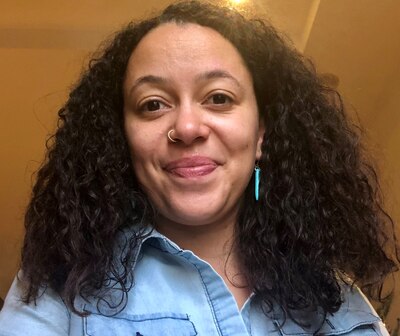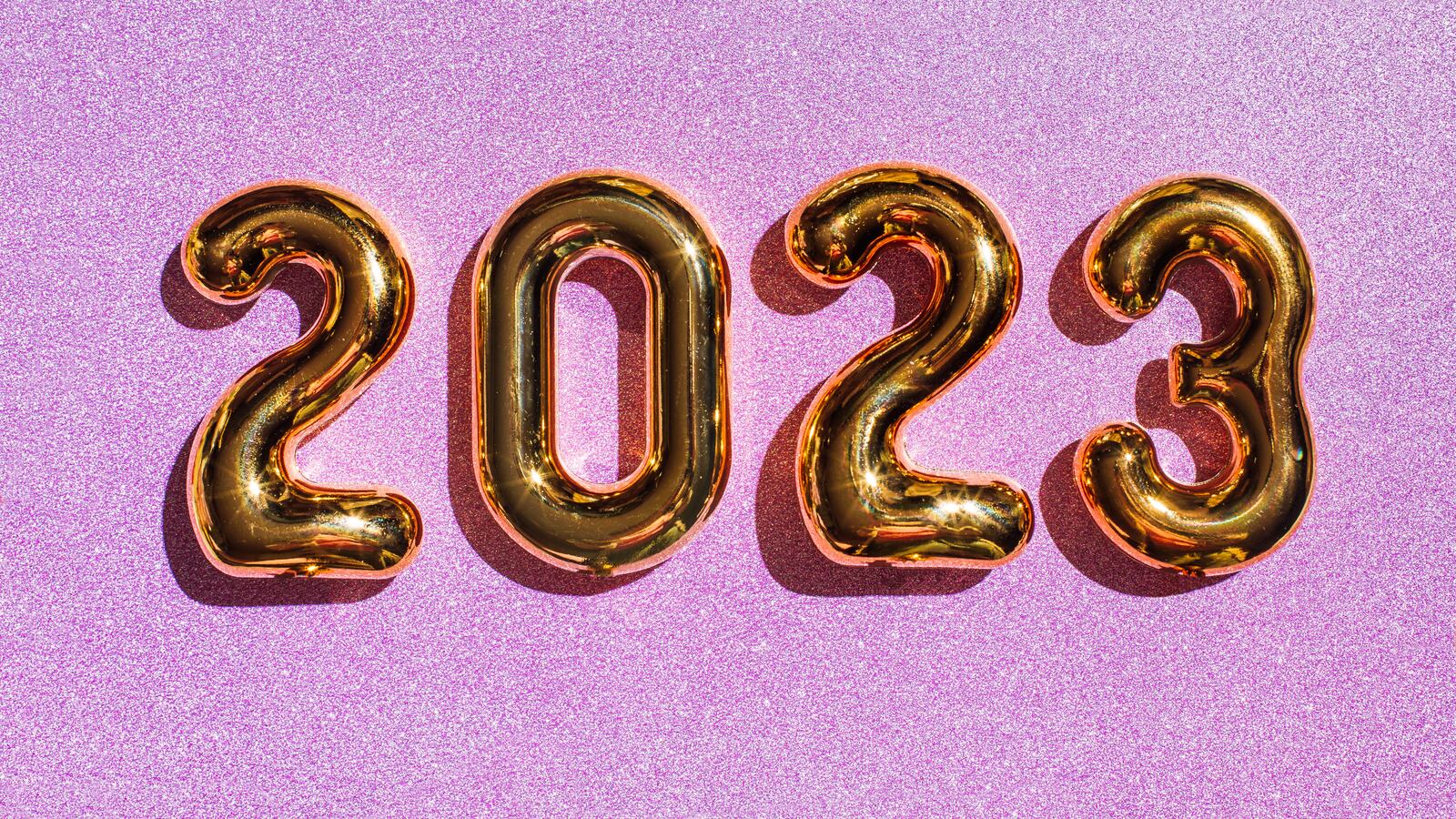I am not the only one, I suspect, who is anxious about going back to teaching after the holiday break. Over the past few days, I have read two books, spent quality time with my son, reconnected with friends, and worked out.
During the break, I was not stressed about any of the following: students being on their cell phones, having my lesson plan printed by 8:30 a.m., an inappropriate statement that one student made to another that might cause violence, getting caught up with grading. And on and on it goes.

These stressors could cause anxiety for any teacher. Yet, as a Black female educator teaching Black children in West Philadelphia, I have an additional demand of being perceived and judged over student achievement and compliance. That’s because other educators may assume that Black women instantly know how to give “tough love” or, even worse, will automatically be authoritarian. Such misjudgments and biases place additional pressure on Black teachers.
So about that anxiety — what am I going to do differently in 2023, even if this might be my last year in the classroom? Well, I am going to set some intentions.
I had this wonderful conversation with my best friend over the break about the new year. She said she set some intentions for 2023, and then we had a good laugh about the difference between a goal and an intention. Our agreed-upon definition was that an intention is something you have to engage with cognitively and be mindful of; a goal, by contrast, is some achievement received or fulfilled by a certain date. I like this distinction because as I set both professional and personal intentions for the new year, they seem more about my humanity and well-being each day, rather than some hoped-for finish line.
These are my intentions — things I will NOT do when I return to my classroom this week:
- I will not do work around my son during the limited time I get with him after work.
- I will not read/grade every single word/sentence of 120 student essays.
- I will not respond to students’ or parents’ texts after 6 p.m. until the next day.
- I will not let students not “getting” something in class mean that I (and my lesson plans) have completely failed.
- I will not let the noise around Critical Race Theory distract me from teaching Black history.
- I will not compare myself to other teachers, especially to other Black educators.
These are my intentions — things I WILL do when I return to my classroom:
- I will continue to teach about institutional racism, colorism, and white privilege; I will seek Black liberation for my students.
- I will meditate during my prep time if I feel triggered by a student earlier that day.
- I will do school work at 6 a.m. for 45 minutes, so I can have the after-work time with my son.
- I will continue to let my students know how much I love them.
- I will schedule one specific time on Thursday to catch up on grading and contacting parents.
- I will continue to bring Black joy to my Black students.
- I will print out these two intentions lists and put them on my classroom desk.
What I love about what I just did is that I set boundaries for myself. What is interesting to me, too, is that none of what I listed above has to do with physical fitness. Yet I know the above intentions will allow me to get in a workout and eat healthier so I can meet fitness goals (not intentions) as well.
Now, will my lists solve all the challenges I am going to face at work? Absolutely not. Just like many other educators, I am exhausted. I frequently question the sustainability of teaching full-time in a classroom, and yet I know just by showing up every day, I am providing consistency for my students. I am optimistic that these intentions will help me survive the rest of the school year.
A version of this essay first appeared in Philly’s 7th Ward. It is republished with permission.
Abigail Henry has been teaching African-American History at Mastery Charter Shoemaker Campus for the past 11 years, and she is the Content Lead for the network. Last year, Abigail won a Pulitzer Center Grant to incorporate the 1619 Project into curriculum. This past summer, she worked as an adjunct professor for St. Michael’s College, where she developed the course “African American History for Teachers,” Henry has also provided African-American History consulting for Villanova University, PBS, and the Trellis Foundation.


